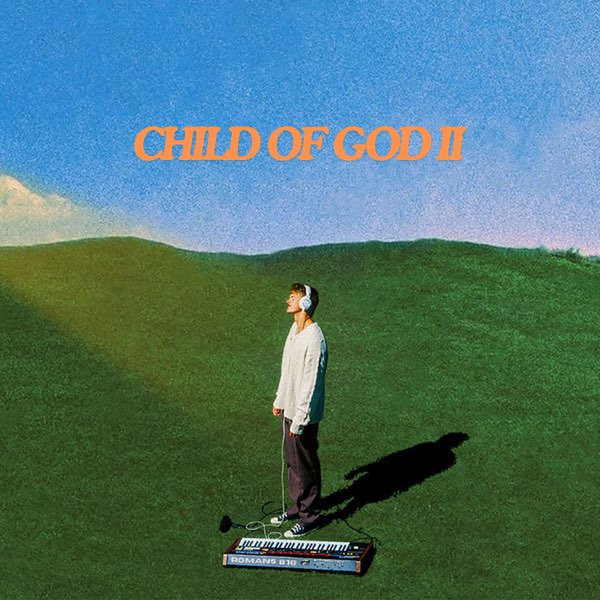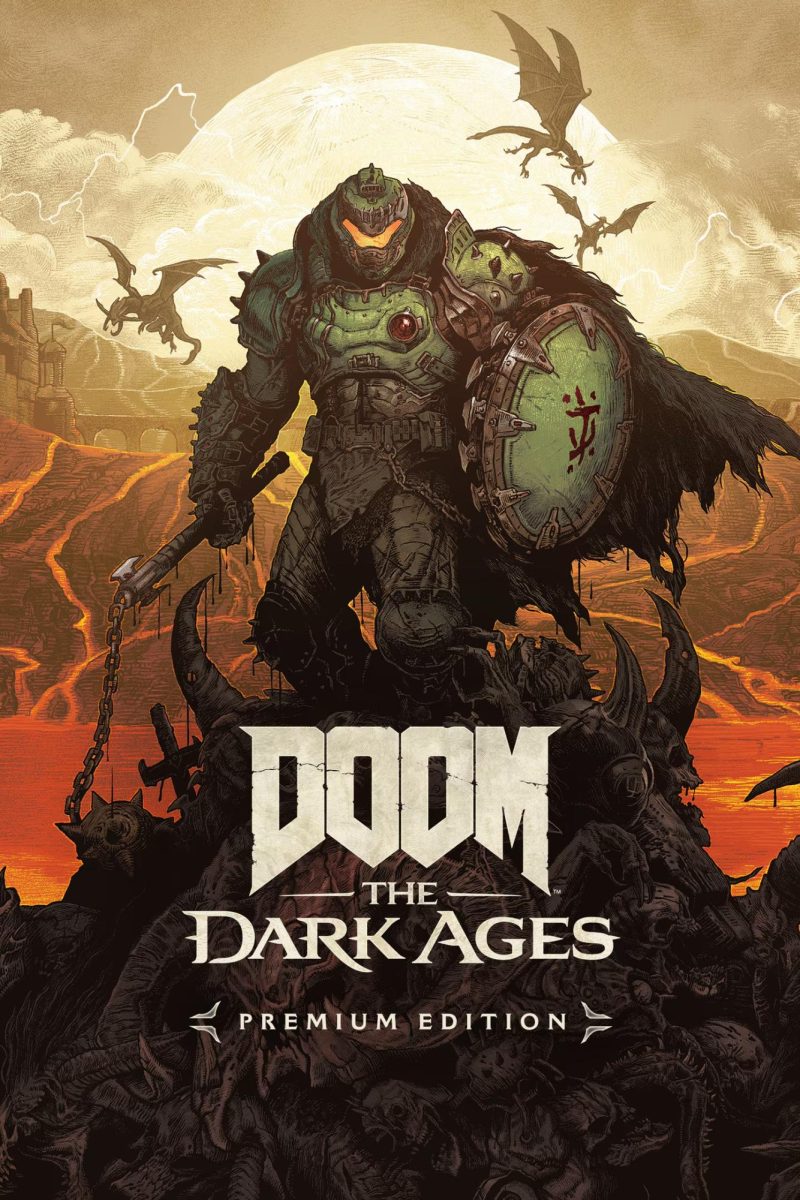Violet Evergarden: The Movie was finally released Oct.13 on Netflix after a three-month delay. The original anime series was a hit, making many people love the main character Violet (Yui Ishikawa).
The original anime in 2018 follows the story of Violet, an orphan found during post World War l. In the prologue we see her taken under the care of an Army major who found her and taught her how to fight. He began to have a connection with her, while giving orders during the war, making Violet very attached and dependent on him. After a battle she loses everything including Gilbert, the Army major she loves. The show then opens after the backstory. Violet is in recovery and takes us through her return to society and dealing with her losses. Through her recovery we see her look for the meaning of “I love you,” said to her by Gilbert. Her trauma doesn’t stop her though as the phrase has driven her to find its meaning.
The movie, launched several years after Violet Evergarden started working as an Auto Memory doll, is now quite famous; from writing plays to love letters, she’s become beloved to the point of being booked up for months. However, her mind wanders back daily to Gilbert, the Major who told her he loved her before his passing during the war, and although she has a full life, she cannot let him go. One day someone happens to stumble upon an unopened letter and recognizes the handwriting as none other than that of Gilbert himself. The film takes us through her journey in attempting to find Gilbert as she holds out hope for his return.
The movie reflects all the amazing aspects of filmmaking. It genuinely felt like a well-produced movie. Cinematography is an important factor in a good movie and it engages the audience if it’s decent. Images with these aspects include flowers slowly opening their bulbs while sunlight accents them or morning dew droplets sliding down blades of grass. This can spark either nostalgia or a place that reminds one of any of these small details. The animation style itself helps the movie, with beautiful clips and the music having a somber effect on the audience.
Throughout these events we see character development from all the people involved as well as giving Violet’s story a conclusive ending. It answers any questions left unanswered from previous films in the franchise. Although if viewers haven’t seen the series content in order it can get confusing. This franchise had plenty of side stories and content, limiting the movie to people who are already familiar with the storyline. Lastly this film is very much a movie through and through. From the pacing, to the cinematography, to the tone, this film does not feel like several episodes worth of content stretched out, instead it was an emotional conclusion to the character and the series.
I think this could be very hard to do perfectly, as most anime movies tend to feel more of a longer episode. It could be the emotion or pace that don’t hit the marks but this film nailed both. I’d recommend watching the series and the movie as there’s no complaints. This made the return of Violet Evergarden a message of overcoming trauma, a closure for the character and a moving return for one of Japan’s popular and authentic studios.






